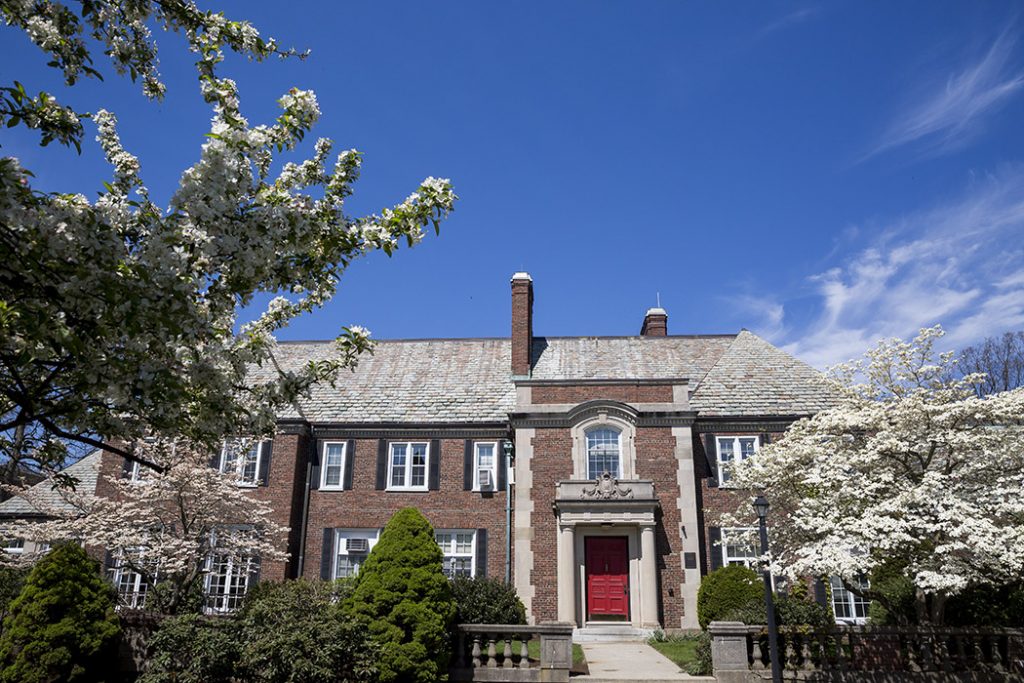The Rappaport Center for Law and Public Policy at Boston College Law School has expanded its Fellowship Program to include a new research component. Current and future fellows who encounter an interesting, unresolved question of law and public policy during their summer fellowship—or who subsequently identify such an issue—may propose an independent study.
“One of my main goals,” said Professor Dan Kantroom, who has succeeded Michael Cassidy as faculty director, “is to further develop and enhance the research aspects of the Rappaport center’s already excellent work. This initiative fits well within the center’s goals and mission.”
Such supervised studies will undertake deep, impactful research on legal and policy issues. Published work may be disseminated as briefings or “white papers” by the Rappaport Center for Law and Public Policy. In extraordinary cases, they may also be published in law reviews or other academic sites.
The Rappaport Center’s Fellowship Program affords 12 law students from eight Massachusetts law schools the opportunity to work in a state or local government agency during the summer. The fellows receive educational programming, a generous stipend, and mentoring from Rappaport Center Advisory Board members and prior Rappaport fellows. The alumni Rappaport fellow network spans across 17 cohorts from 2001-2018 and provides premier professional connections. Each week, the fellows participate in experiential learning opportunities to get an in-person perspective of the intersection of law and public policy.
Building on the Rappaport Center’s commitment to education, public service, and leadership, the independent study program will support research with a sharp focus on pressing subjects. If a study proposal is approved, fellows may receive intense faculty supervision and up to three course credits from their respective law schools.
“With faculty supervision—and that of board members and former fellows—these studies will adhere to the highest standards of rigor, professional ethics, objectivity, and academic quality,” Kanstroom said. “We hope and believe that our fellows will make a unique and valuable impact on public policy, particularly at the state and local level.”
Kanstroom will oversee the program, and other BC Law faculty members may supervise studies for BC Law fellows. Fellows from other law schools will have a faculty member from their school supervise their studies. Rappaport Center Executive Director Lissy Medvedow will also provide project oversight.
Students interested in participating or learning more about the Rappaport Center Independent Study option should contact Kanstroom at Daniel.Kanstroom@bc.edu.


